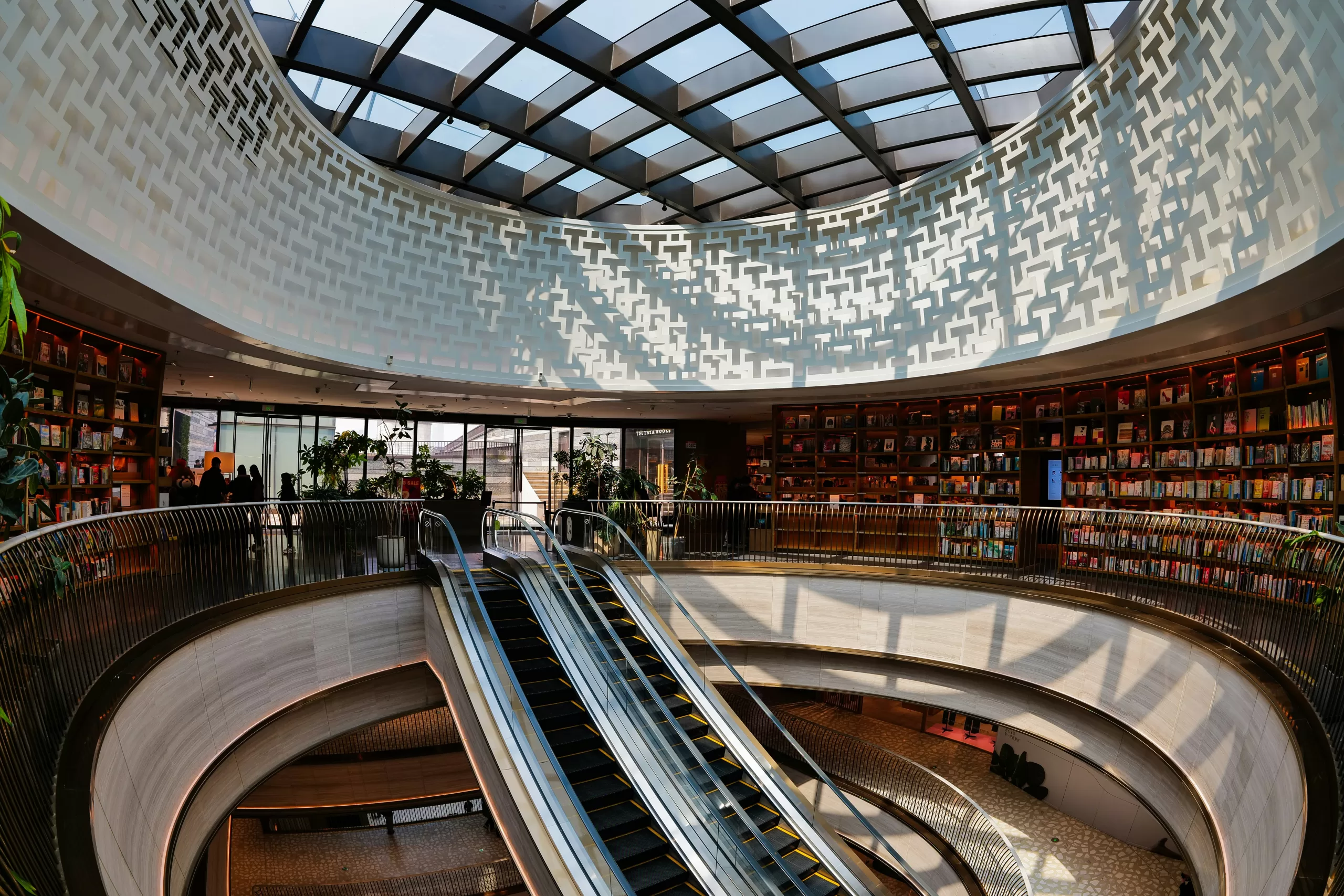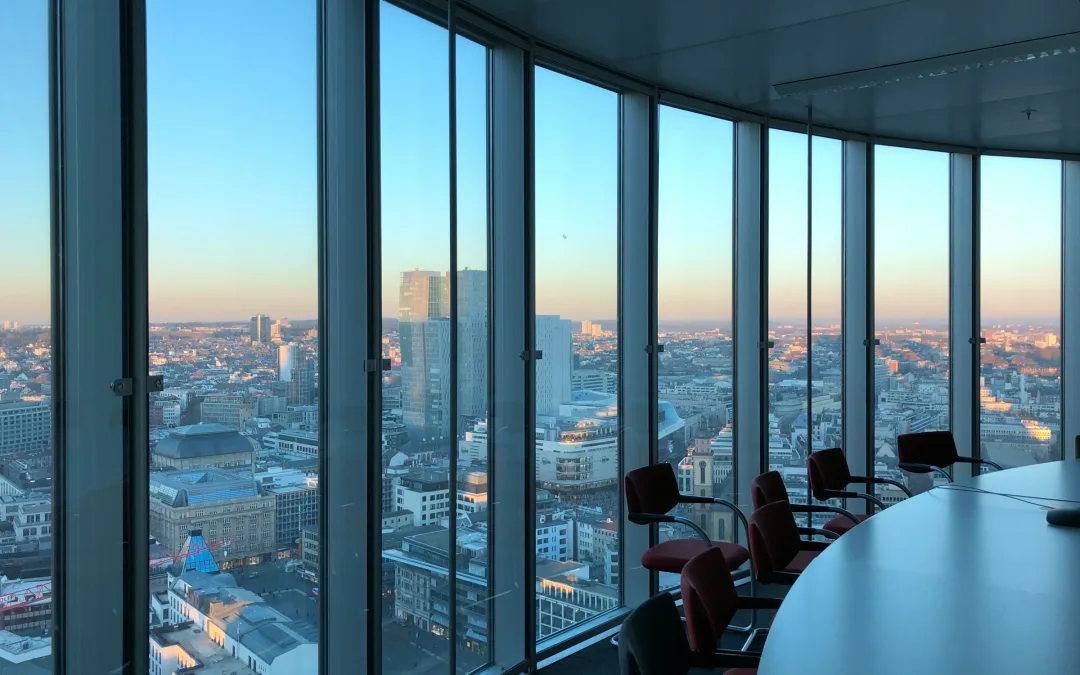Three times this week, all the doors allowing entrance to the shopping centre where my Pilates studio is located were still locked at 6.30am. Apparently, the cleaner had not shown up and no one else had a key. Small groups of Lululemon clad early birds clutching Frank Green water bottles and seeking their dopamine fix rotated excitedly around the building to no avail. Giving up, we had an early coffee fix at CIBO (please say those rumours about Gloria Jean aren’t true) and discussed other issues we had noticed in the centre; non-working escalators and air conditioner failures. But what about the retailers; the Pilates studio, the gym, the supermarket and the café? What recourse did they have as they missed out on their usual customers, I wondered?
So, you’re gearing up to open your dream retail shop – exciting times! But amidst the buzz of planning your layout and stocking your shelves, there’s a crucial aspect of your commercial retail lease that demands your close attention: maintenance and repairs. Overlooking this can lead to frustrating disputes with your landlord down the line, potentially impacting your business operations and your bottom line.
This blog is your guide to navigating the often-tricky terrain of landlord responsibilities for maintaining essential services and the fabric of your retail premises. We’ll highlight potential dispute areas and, more importantly, how you can address these in your lease agreement with our help. We have provided a few references to South Australian legislation, but the general principles apply across the board.
The potential pitfalls: where maintenance disputes arise
Imagine your air conditioning packs up in the middle of a summer heatwave, deterring customers. Or picture an out-of-order escalator in a shopping centre, making your shop less accessible. These scenarios aren’t just inconvenient; they can directly impact your sales and customer experience. Disputes often arise because the lease agreement isn’t clear on who is responsible for maintaining and repairing specific items.
As a tenant in a commercial lease, the outgoings that you are typically required to pay are intended to cover the costs associated with the running and maintenance of the commercial property. These commonly include expenses such as management costs, maintenance and repairs of the building and common areas, as well as statutory charges like local government rates and charges (council rates) and potentially other taxes levied on the premises (we note in South Australia a landlord cannot pass on land tax to tenants where the Retail and Commercial Leases Act 1995 (SA) applies to the lease).
Other examples of outgoings that a tenant might be liable for include the emergency services levy, water and sewerage rates and charges, insurance, pest control, cleaning, and audit fees. The specific categories of outgoings and the basis on which they are apportioned to the tenant should be clearly outlined in the lease agreement and the disclosure statement provided by the lessor. The specific requirements for disclosure statements can vary depending on the state or territory in Australia.
Don’t get caught off guard. Let us review your lease and safeguard your business. Call us on 1300 654 590 or email us.
Here are some common areas of contention:
Air conditioning: Is the landlord responsible for repairs and maintenance of the existing system, or does this fall to you? What about the costs of upgrades or replacements? Is your commercial lease clear on the respective responsibilities of landlord and tenant?
Lifts and escalators: Particularly relevant in multi-storey retail spaces or shopping centres. Who ensures these are in safe and working order? Is there a service contract in place? What happens if they persistently fail? What is your contribution as a tenant to these expenses? How long is too long to wait for a repair?
Structural issues: While landlords are generally responsible for major structural aspects like the roof and external walls, disputes can arise over what constitutes a ‘structural’ repair versus a general repair. Broken windows, for example, might be argued as structural in some cases.
Common areas: In shopping centres or multi-tenanted buildings, who is responsible for the upkeep and repair of common areas like walkways, shared toilets and car parks? While outgoings often cover these costs, the standard of maintenance and the landlord’s responsiveness can still be points of disagreement.
Essential building services: This can include plumbing, drainage and electrical systems. If a major plumbing issue arises, who is liable for the repair costs and any resulting disruption to your business?
In addition to physical maintenance, another potential area of dispute in shopping centres can be the centre’s operating hours. Tenants enter leases with an expectation of when the centre will be open, allowing them to trade and serve customers. If the landlord unilaterally decides to reduce these hours without the tenants’ agreement, it can significantly impact their revenue. Therefore, it is crucial to ensure the lease clearly specifies the agreed-upon core trading hours and includes provisions that outline the process for any changes to these hours, potentially requiring consultation or even a secret ballot among tenants (Section 11 of the Retail and Commercial Leases Regulations 2010 (SA)). Failure to address this can lead to disputes and financial losses if the centre is not accessible to the public during the times you anticipated.
Addressing maintenance in your lease agreement: your shield against disputes
The best way to minimise the risk of maintenance-related disputes is to have clear and comprehensive clauses in your commercial retail lease agreement. Here’s how you can tackle these issues proactively:
Clearly define responsibilities: The lease should explicitly state who is responsible for the maintenance and repair of specific items, including air conditioning, lifts, escalators, structural elements, and essential building services. Don’t rely on assumptions or verbal promises.
Specify standards and frequency: Where appropriate, try to include details about the standard of maintenance expected and the frequency of servicing for key equipment like air conditioning and lifts.
Outline repair procedures and timeframes: The lease should outline the process for reporting maintenance issues to the landlord and specify reasonable timeframes for the landlord to undertake necessary repairs. Consider including clauses that address the consequences if repairs are not carried out promptly and significantly impact your business (though termination based on lack of repair can be complex).
Address capital expenditure: Clarify who is responsible for capital expenditure items like replacing an aging air conditioning unit or a major lift component. Often, these are the landlord’s responsibility, but it’s vital to have this documented.
Include a “make good” clause with maintenance considerations: While the “make good” clause usually relates to the end of the lease, ensure it doesn’t inadvertently place responsibility on you for pre-existing maintenance issues or capital items that are rightfully the landlord’s responsibility. A Condition Report at the start of the lease, detailing the state of the premises (including the working order of equipment), is crucial to avoid disputes later.
Consider rights of termination or rent abatement: In extreme cases where the landlord consistently fails to address critical maintenance issues that significantly impact your ability to trade, explore whether the lease can include specific rights for you to terminate the lease or seek a rent abatement until the issues are resolved. These clauses need to be carefully drafted and are often difficult to enforce, so legal advice is essential.
How we can help
Navigating the intricacies of a commercial retail lease can be daunting. We can assist you in the following ways to minimise the risk of maintenance disputes:
Expert review of the lease agreement: We will review the lease document, paying close attention to all maintenance and repair clauses. We can identify ambiguities, unfavourable terms, or missing provisions that could leave you vulnerable to disputes.
Negotiation of clearer terms: We act on your behalf to negotiate clearer and more favourable maintenance clauses with the landlord and advocating for terms that protect your business interests.
Drafting specific clauses: If the landlord’s standard lease is lacking in detail regarding maintenance, we can draft additional clauses that explicitly address your concerns about specific items like air conditioning and lifts.
Advising on your rights and obligations: Before you sign the lease, we will explain your responsibilities for maintenance and repairs under the proposed agreement and advise you on your rights if the landlord fails to meet their obligations.
Assisting with Condition Reports: We can advise on the importance of a detailed Condition Report and ensure it accurately reflects the state of the premises at the commencement of the lease.
Dispute resolution: Should a maintenance dispute arise despite your best efforts, we can provide guidance on the best course of action, including negotiation, mediation (often facilitated by the Small Business Commissioner for retail leases in South Australia), or potential legal remedies.
So, don’t wait until your customers are locked out of the building, the lift is out of service, or your shop is sweltering to think about access to and the maintenance in your commercial retail lease. By proactively addressing these potential issues during the negotiation phase and enlisting our help, you can lay the foundation for a smoother, more predictable, and ultimately more profitable tenancy. Call us on1300 654 590 or email us.
The information contained in this post is current at the date of editing – 21 May 2025.





